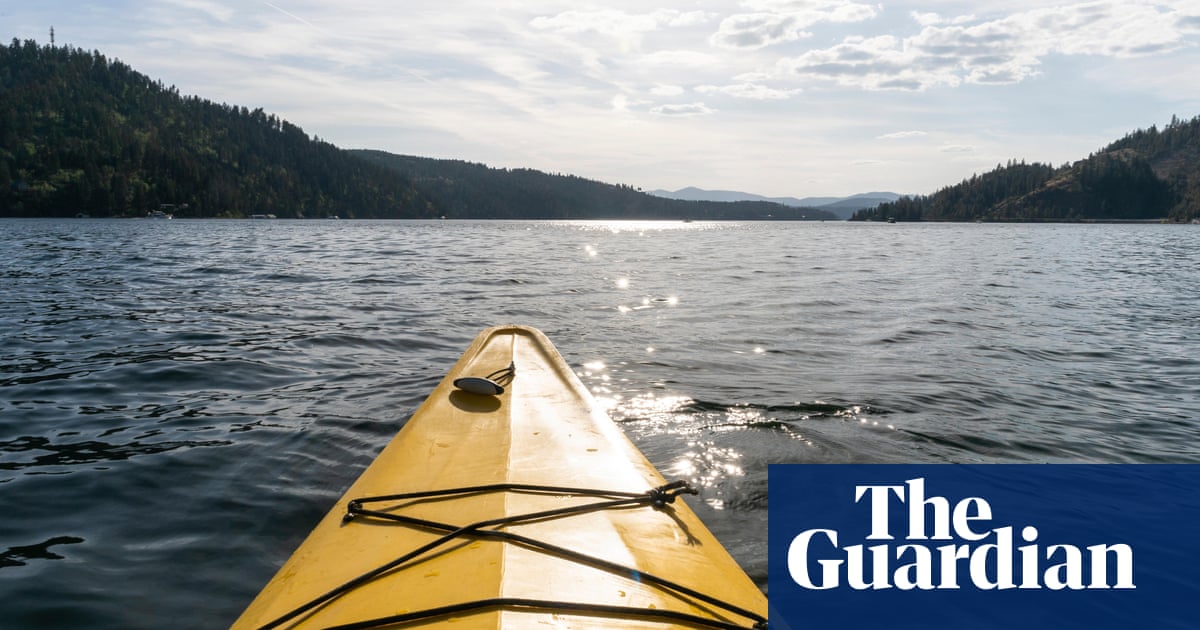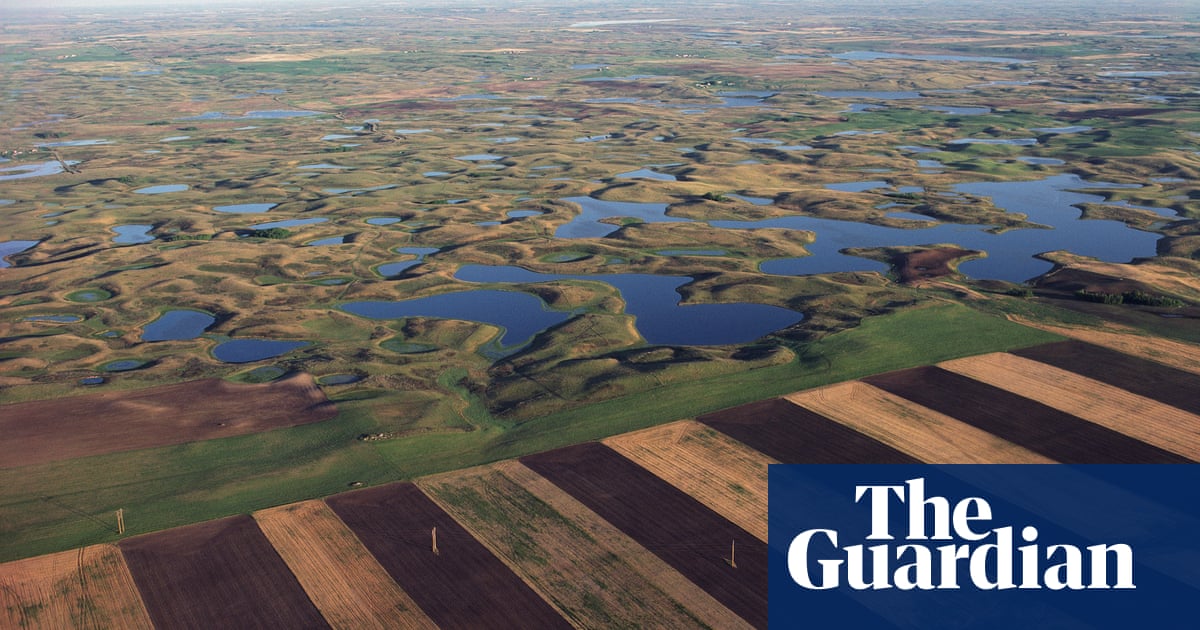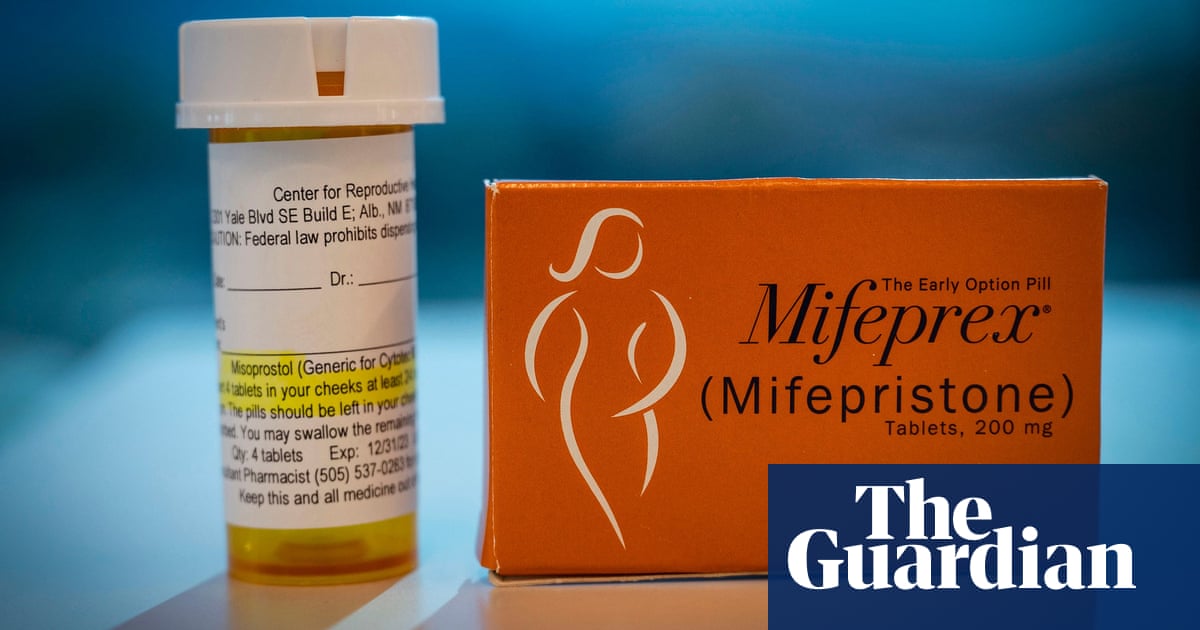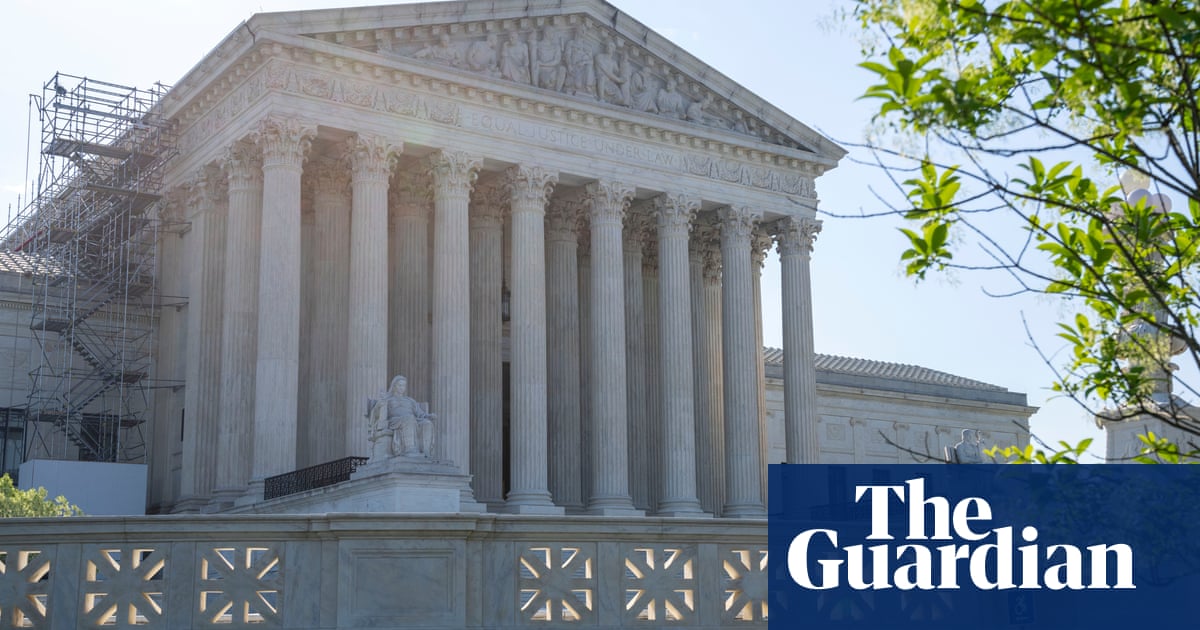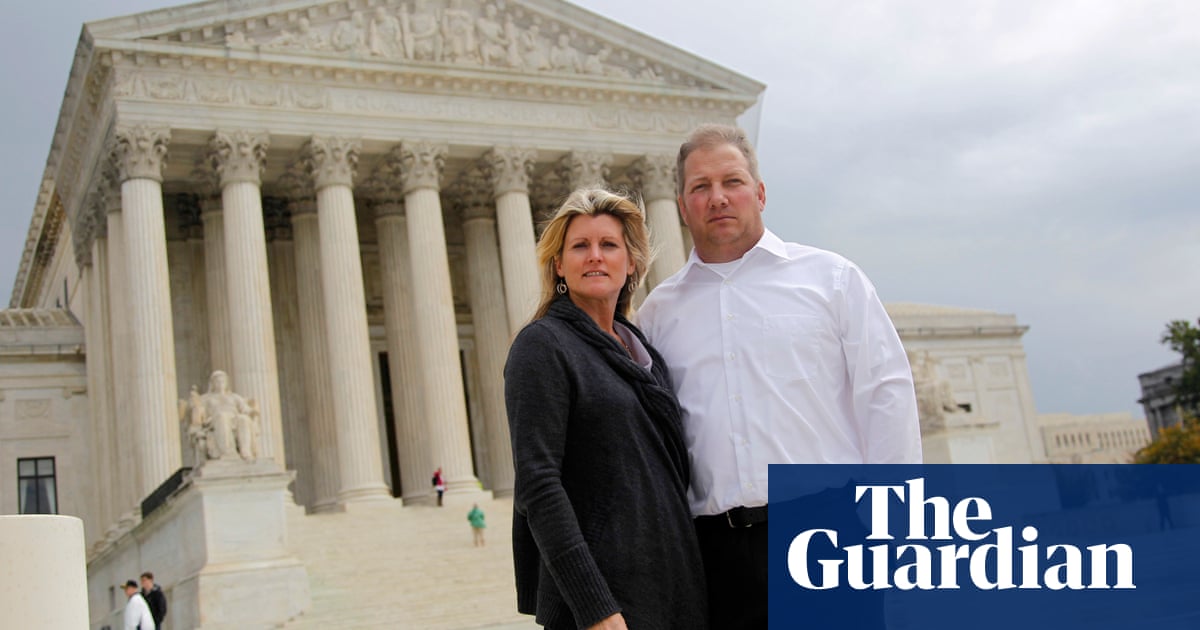
The scope of a landmark law to protect America’s waterways has been shrunk by the US supreme court, which has sided with an Idaho couple who have waged a long-running legal battle to build a house on wetlands near one of the state’s largest lakes.
In a ruling passed down on Thursday, the conservative-dominated court decided that the federal government was wrong to use the Clean Water Act, a key 50-year-old piece of legislation to prevent pollution seeping into rivers, streams and lakes, to prevent the couple building over the wetland beside Priest Lake in Idaho.
The justice’ decision in effect overhauls the definition of whether wetlands are considered “navigable waters” under the act and are therefore federally protected.
President Joe Biden said in a statement that the ruling upends the legal framework used for decades to combat water pollution and that his administration will “use every legal authority we have to protect our nation’s waters”.
“It puts our nation’s wetlands – and the rivers, streams, lakes and ponds connected to them – at risk of pollution and destruction, jeopardizing the sources of clean water that millions of American families, farmers and businesses rely on,” Biden said of the ruling.
Earthjustice, an environmental group that has opposed the case reaching the supreme court, has said that half of all the wetlands in the contiguous US, ecosystems prized as habitat for fish, waterfowl and other wildlife as well as being critical natural purifiers of water, will now lose their protections under the Clean Water Act.
Justice Samuel Alito, writing for himself, Chief Justice John Roberts and justices Clarence Thomas, Neil Gorsuch and Amy Coney Barrett ruled that the Clean Water Act can only protect “wetlands with a continuous surface connection to bodies that are waters of the United States in their own rights”.
The judgment is the latest blow to environmental regulations dealt by the supreme court, which last year curtailed the government’s ability to limit greenhouse gas pollution from power plants. Environmental groups have accused the court, along with Republican-led states and industry interests, of threatening bedrock protections to nature in the US.
This criticism was echoed by Elena Kagan, one of the more liberal supreme court justices, who wrote in a dissent to the decision that the court’s majority had appointed itself “as the national decision maker on environmental policy”.
Brett Kavanaugh, one of the conservative justices, sided with the three liberals to warn that the court will “leave some long-regulated adjacent wetlands no longer covered by the Clean Water Act, with significant repercussions for water quality and flood control throughout the United States”.
Conservation groups expressed dismay at the ruling.
“Federal protections that don’t depend on local politics or regional polluter influence are essential to vulnerable and disadvantaged communities nationwide,” said Jim Murphy, director of legal advocacy for the National Wildlife Federation.
“The court’s ruling removes these vital protections from important streams and wetlands in every state. We call on both Congress and state governments to step in, plug the gap, and protect our threatened waters and the people that depend on them.”
The case from Idaho centered upon a 15-year legal saga involving a married couple, Michael and Chantell Sackett, who have challenged what they view as an egregious government attack on their property rights.
In 2004, the Sacketts purchased a roughly half-acre patch of land beside Priest Lake, a crystalline body of water popular with boaters nestled in the scenic wilderness of the Idaho panhandle.
The couple set about constructing a three-bedroom home on the plot, but as they filled the site with gravel they were told by the Environmental Protection Agency (EPA) they were erasing a federally protected wetland and required a permit. The agency imposed fines due to this noncompliance.
Since 2007, three presidential administrations ago, the plot has remained unoccupied as the Sacketts or rather the libertarian Pacific Legal Foundation, a group that specializes in challenging environmental regulations and that has taken up the battle on their behalf – fought the EPA’s finding through the courts.
The Sacketts are no strangers to the highest court in the land. In 2012, the supreme court agreed with the couple’s argument that they could challenge the tens of thousands of dollars in fines levied by the EPA. Three years later, in an unrelated case, Michael Sackett was sentenced to a year in prison following a sting operation in which he agreed to pay for sex with a 12-year-old girl.
EPA’s “bureaucrats used a made-up definition of ‘navigable waters’ to deny us the right to use our own property – a right that’s protected in the constitution”, the Sacketts previously argued in a joint statement.
The supreme court has now concurred with this view, probably narrowing the definition of what is considered a navigable water, and therefore federally protected, to bodies of water that can clearly be traversed by boat, rather than nearby wetlands that would leach pollution into such waterways.
In his reaction to Thursday’s ruling, the EPA administrator Michael Regan said it “erodes longstanding clean water protections”, adding that the agency would consider its next steps in protecting American waterways.
“Over the past 50 years, we have made transformational progress – rivers that were once on fire have been restored and now sustain vibrant communities in every corner of the country.
“A commonsense and science-based definition of ‘waters of the United States’ is essential to building on that progress and fulfilling our responsibility to preserve our nation’s waters, now and for future generations.”




